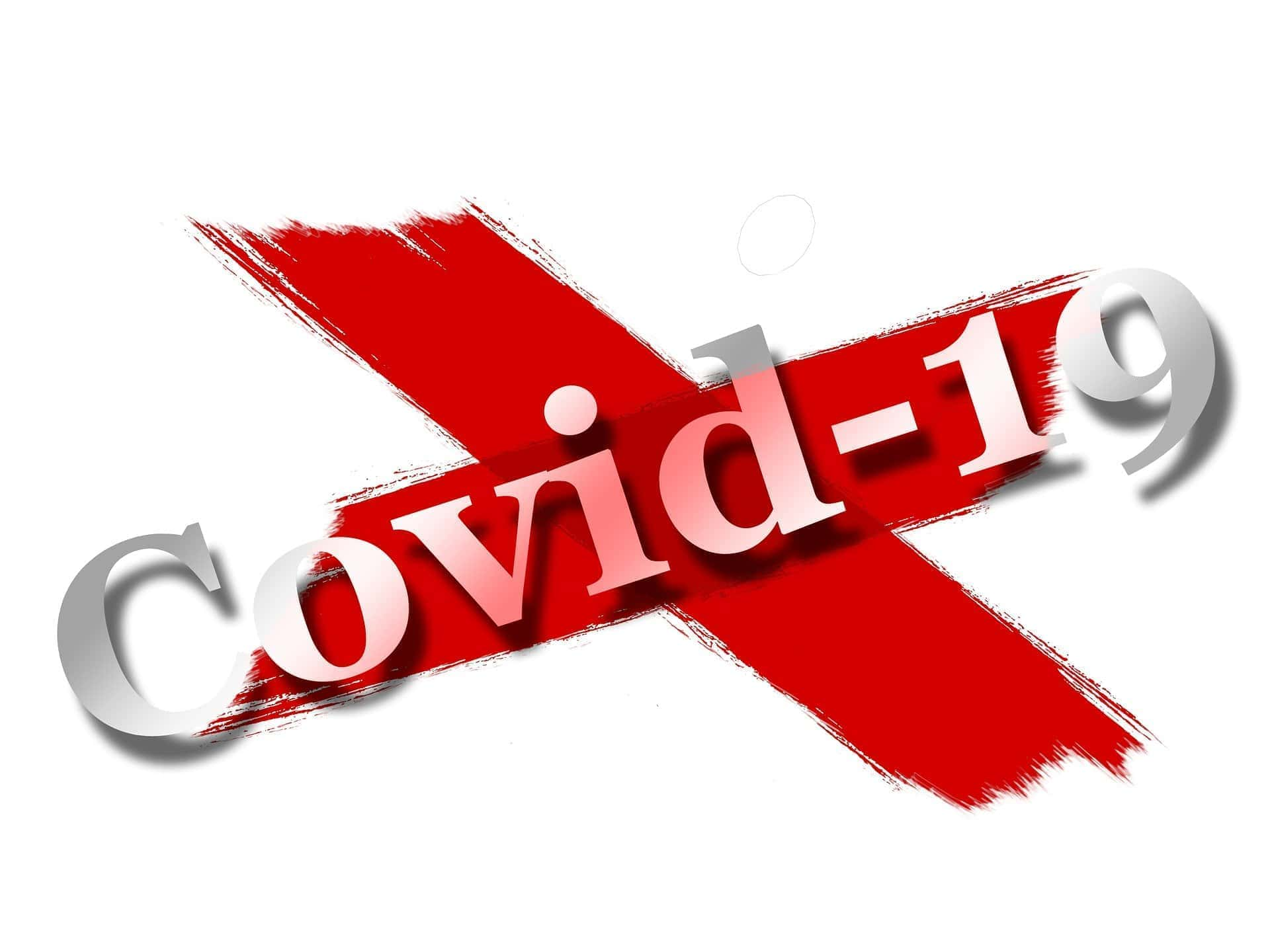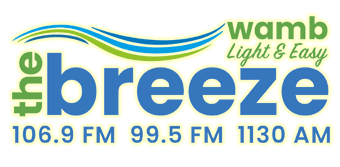
INDIANA – Indiana Attorney General Curtis Hill has joined 43 other attorneys general in a lawsuit against Teva Pharmaceuticals and 19 of the nation’s largest generic drug manufacturers alleging a broad conspiracy to artificially inflate and manipulate prices, reduce competition and unreasonably restrain trade for more than 100 different generic drugs.
The lawsuit, filed in U.S. District Court for the District of Connecticut, also names 15 individual senior executive defendants at the heart of the conspiracy who were responsible for sales, marketing, pricing and operations. The drugs at issue account for billions of dollars of sales in the United States, and the alleged schemes increased prices affecting the health insurance market, taxpayer-funded health care programs such as Medicare and Medicaid, and individuals who must pay artificially-inflated prices for their prescription drugs.
“This lawsuit should serve as a warning to any company that intentionally defies the trust of their customers,” Attorney General Hill said. “The rising cost of health care is daunting enough without price fixing of medications. Americans deserve options when they shop for these products. Any pharmaceutical company that engages in price-fixing and artificial cost inflation is part of the problem that ails health care in the United States. Here in Indiana, we will keep working to protect all Hoosier consumers from illegal schemes.”
The complaint alleges that Teva, Sandoz, Mylan, Pfizer and 16 other generic drug manufacturers engaged in a broad, coordinated and systematic campaign to conspire with each other to fix prices, allocate markets and rig bids for more than 100 different generic drugs. The drugs span all types, including tablets, capsules, suspensions, creams, gels, ointments and classes, including statins, ace inhibitors, beta blockers, antibiotics, anti-depressants, contraceptives, non-steroidal anti-inflammatory drugs and treat a range of diseases and conditions from basic infections to diabetes, cancer, epilepsy, multiple sclerosis, HIV, ADHD and more. In some instances, the coordinated price increases were over 1,000 percent.
The complaint lays out an interconnected web of industry executives participating in these activities. Competitors met with each other during industry dinners, “girls nights out,” lunches, cocktail parties and golf outings. They communicated via frequent telephone calls, emails and text messages that sowed the seeds for their allegedly illegal agreements. Throughout the complaint, defendants use terms such as “fair share,” “playing nice in the sandbox,” and “responsible competitor” to describe how they unlawfully discouraged competition, raised prices and enforced an ingrained culture of collusion.
The lawsuit seeks damages, civil penalties and actions by the court to restore competition to the generic drug market.
The complaint is the second to be filed in an ongoing, expanding investigation into the pharmaceutical industry. The first complaint, still pending in U.S. District Court in the Eastern District of Pennsylvania, was filed in 2016 and now includes 18 corporate defendants, two individual defendants, and 15 generic drugs. Two former executives from Heritage Pharmaceuticals, Jeffery Glazer and Jason Malek, have entered into settlement agreements and are cooperating with the Attorneys General working group in that case.
The latest 510-page complaint is online at this link.

